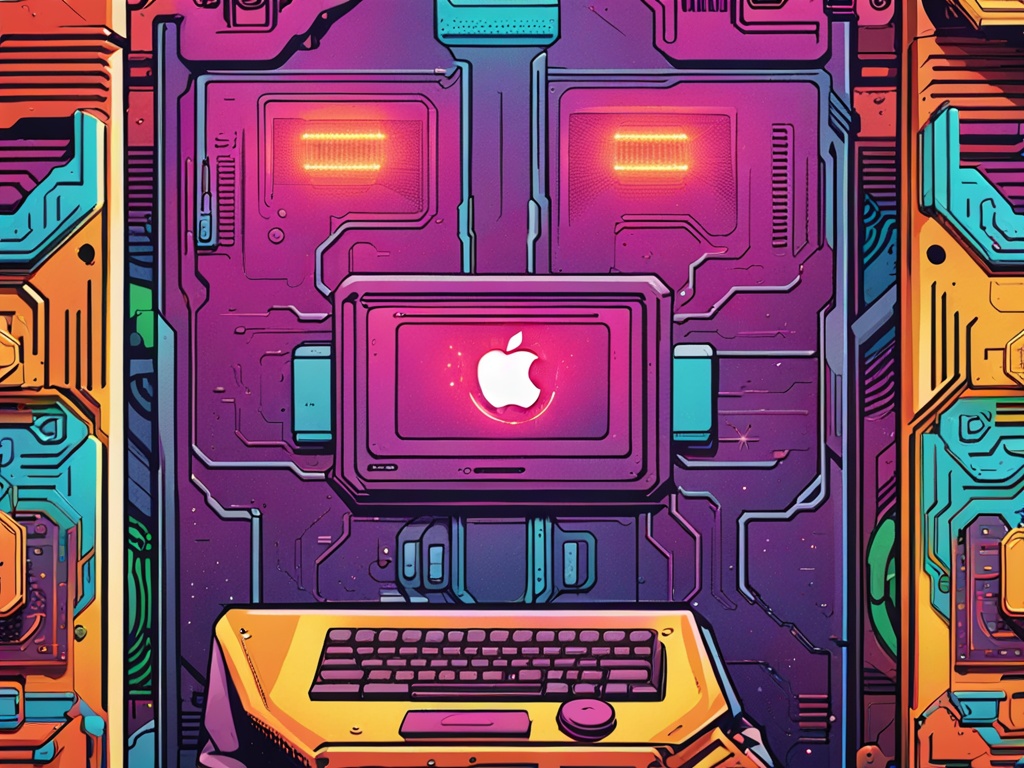Navigating the Storm: The $50 Million Radiant Capital Hack and Its Implications
Hey there! It’s always an interesting day when big news breaks in the crypto world, isn’t it? Today, I want to dive into a significant event that shook the foundations of decentralized finance (DeFi)—the recent hack of Radiant Capital that resulted in a whopping $50 million loss, tracing back to the notorious North Korean cybercriminals. It’s a hefty amount, and it opens up a dialogue about the fragility of these decentralized platforms, the strategies employed by cybercriminals, and what it all means for investors like you and me.
Let’s unpack this alarming situation with a bit of empathy, understanding that there are many perspectives on this issue. It’s an unfortunate reality that, while the technology behind crypto is truly revolutionary, it also attracts those with less than noble intentions.
Key Takeaways
- Hack Details: A sophisticated cyberattack on Radiant Capital revealed vulnerabilities in entry points, including phishing attacks and blind signing issues.
- North Korean Involvement: Investigations linked the attack to a DPRK-aligned hacking group, highlighting the geopolitical risks in the crypto world.
- Lessons for the DeFi Sector: The need for improved security measures has never been more apparent, pushing for industry-wide changes to governance and user interface design.
- Impact on Investor Sentiment: Incidents like this create uncertainty, affecting market confidence which can ripple through to investors and users alike.
Deconstructing the Attack: A Cautionary Tale
On October 16, 2024, Radiant Capital became the latest in a string of DeFi platforms to fall victim to a calculated cyber assault. This wasn’t an off-the-cuff hack; it was planned meticulously, like a heist movie where the script was written by the smartest person in the room. The attackers exploited a phishing tactic, which any seasoned internet user might be wary of, but this one was particularly sneaky: a message on Telegram posing as a trusted contractor led a developer to download a seemingly innocent file that contained malware.
I remember a time when I almost fell for a similar scheme myself! It was an email about a missed delivery, complete with tracking information that looked legitimate. Thankfully, I took a second to look closer. But not everyone is as fortunate, and in the rapid pace of the crypto world, time and caution can often take a backseat.
The Attack Unfolds: A Lesson in Vigilance
What started with a single download snowballed into a complex series of events involving man-in-the-middle attacks and the manipulation of Radiant’s own transaction requests using a Gnosis Safe Multisig wallet. By the time it was all over, it was clear that even well-intentioned platforms weren’t immune to attack, highlighting some serious vulnerabilities present in the DeFi landscape:
-
Phishing Risks: The ease with which phishing schemes can trap unsuspecting team members was a bitter pill swallowed by Radiant Capital.
-
Blind Signing: The fact that hardware wallets only display basic transaction details created an environment ripe for exploitation. Imagine trying to read a restaurant menu in a dimly lit room—certainly not ideal for making informed choices!
-
Front-End Security Risks: The focus on the user interface for transaction verification was inadequate. Hackers had the ability to trick the platform and its users without raising a red flag.
- Governance Weaknesses: When ownership can be transferred without sufficient checks, the risk increases exponentially. A little foresight could have prevented a hefty loss.
The Broader Implications: An Industry on Alert
Radiant Capital hasn’t taken this lightly. They are collaborating with cybersecurity firms to investigate the breach and recover lost assets. The morale of the story? The crypto community needs to come together, fast. What we’re witnessing is not just an isolated incident; it’s part of a larger trend where cybercriminals, especially state-sponsored actors like those from North Korea, adapt and evolve their tactics. It should send tremors through the ground beneath every investor’s feet.
As someone who has dabbled in crypto and dared to dream big about its potential, it’s heart-wrenching to see such audacious crimes. It raises pressing questions about the security of our investments and the collective responsibility of those creating and managing these platforms.
A Call for Action: Strengthening Our Defenses
So, what’s next? Did we learn from this? I mean, can we say we truly reacted or adapted? Radiant has expressed a commitment to sharing lessons learned, emphasizing the need for rigorous governance frameworks and device-level security improvements. Wouldn’t it be great to see more transparency and collaboration among DeFi platforms? It feels like now’s the time to focus on building a culture of security rather than waiting for the next disaster.
Reflecting on the Future of Crypto
The Radiant Capital incident leaves us with more questions than answers. As investors, it’s crucial to remain both hopeful about the potential of decentralized technologies and vigilant about the risks involved.
Will we see a systemic shift towards stronger security protocols, or will we continue to see these unfortunate breaches? Are we prepared for the realities of navigating a space that requires as much caution as it does enthusiasm?
In the dynamic world of crypto, these discussions are vital. As we sip our coffees and think about the future, what can we, as both investors and advocates for responsible technology use, do to adapt and advocate for better practices in this exciting yet treacherous space?
So, as you mull that over, here are some resources to dig deeper:
Let’s keep the conversation going!





 By
By
 By
By
 By
By

 By
By